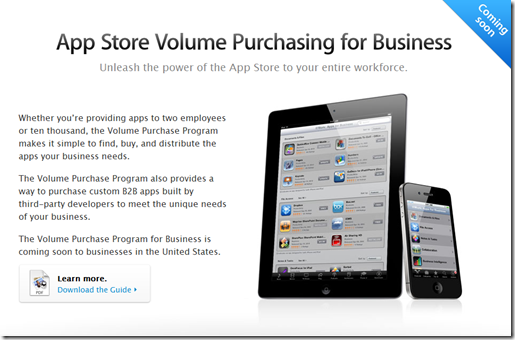 Huzzah for my alma mater in the global round-up, in which Cambridge pips Harvard to the post for the second year running.
Huzzah for my alma mater in the global round-up, in which Cambridge pips Harvard to the post for the second year running.
Love the Guardian’s take on it: looks at the list, compares the fee-going universities with those that traditionally don’t and drives a political point home.
Whilst I’m massively in favour of free education I think the practical transition of Universities from loss-making organisations to profitable ones will need to see a significant change in culture, or the recruitment of a whole range of entrepreneurial souls to help them do it.
The vast majority of academics and university staff that I’ve met have absolutely no interest in turning their organisation into a profit-centre – their concerns are academia, education, and the pursuit of knowledge (and some internal political wrangling). Beyond applying for grants, most academics (outside business schools, natch) seem to have virtually none of the inclination or capabilities needed to turn their institutions into functioning businesses.
You’ll have experienced it, if you think back to your University days. Ham-fisted experiments with events, renting out student rooms, etc – to make better use of the facilities. Some limited sponsorship efforts. I’m sure places like Cambridge have proper business development departments, although I suspect most of their efforts are focussed on alumni appeals programmes (those horrible, disingenuous phone calls from your old college asking how you are doing before they ask you for some cash).
A friend of ours is working on helping Universities with their events strategies in particular, but there’s a lot more to it than that and we can only hope that Universities make the investment they need to in the right kinds of people to reverse the decay of Britain’s further education system.
Of course, if you charge to rename the colleges at the world’s number one university, that’s good for a few quid.






